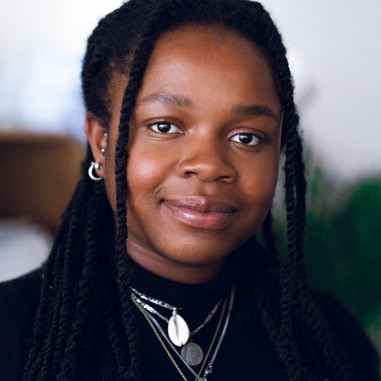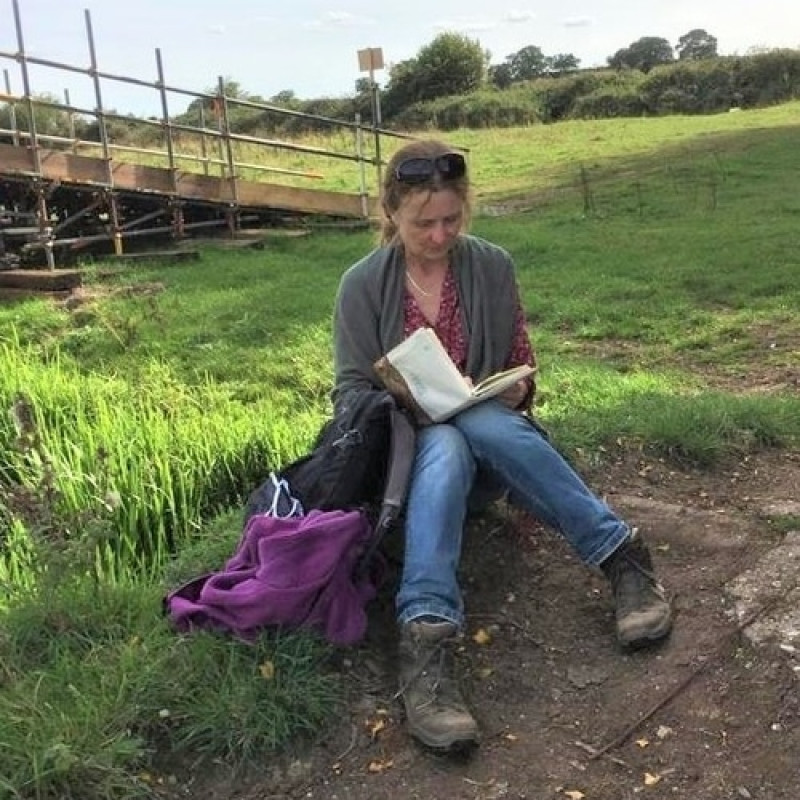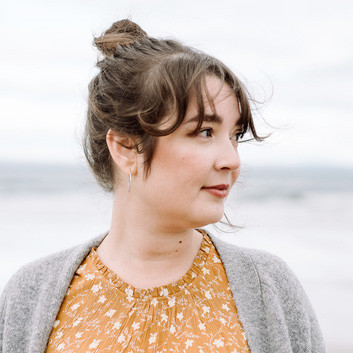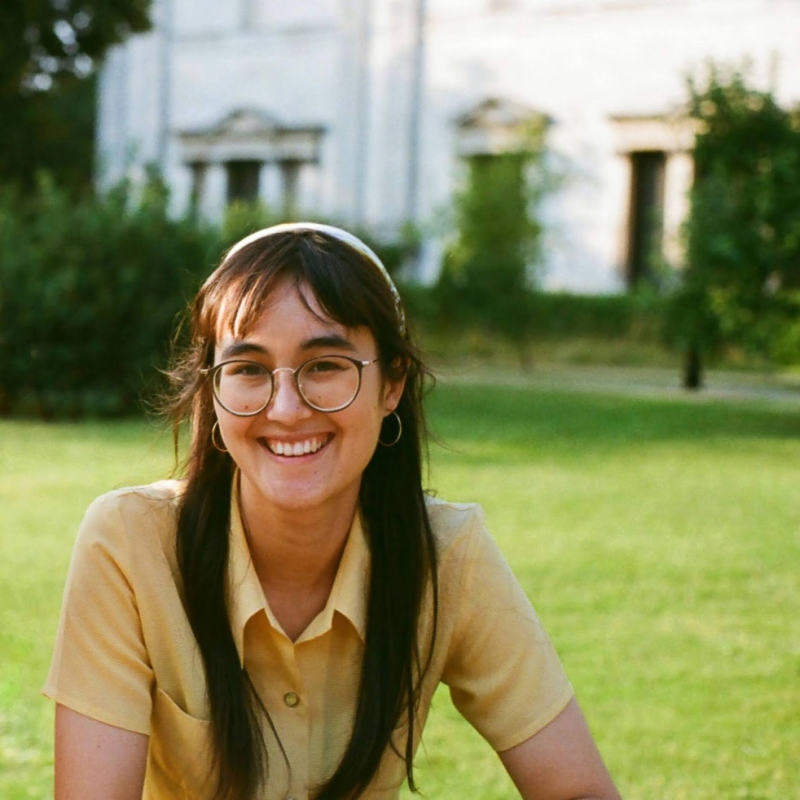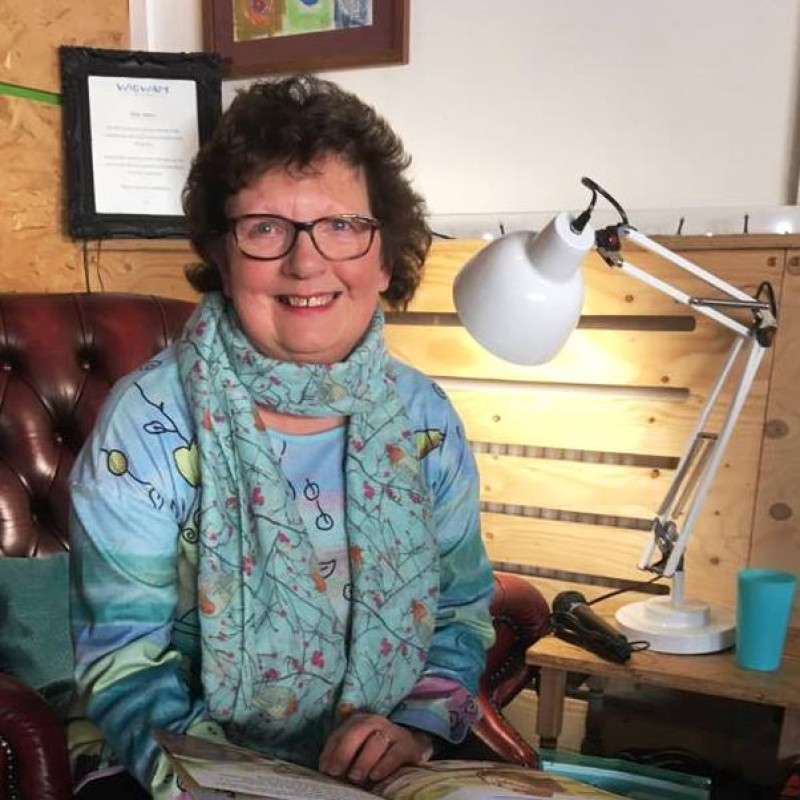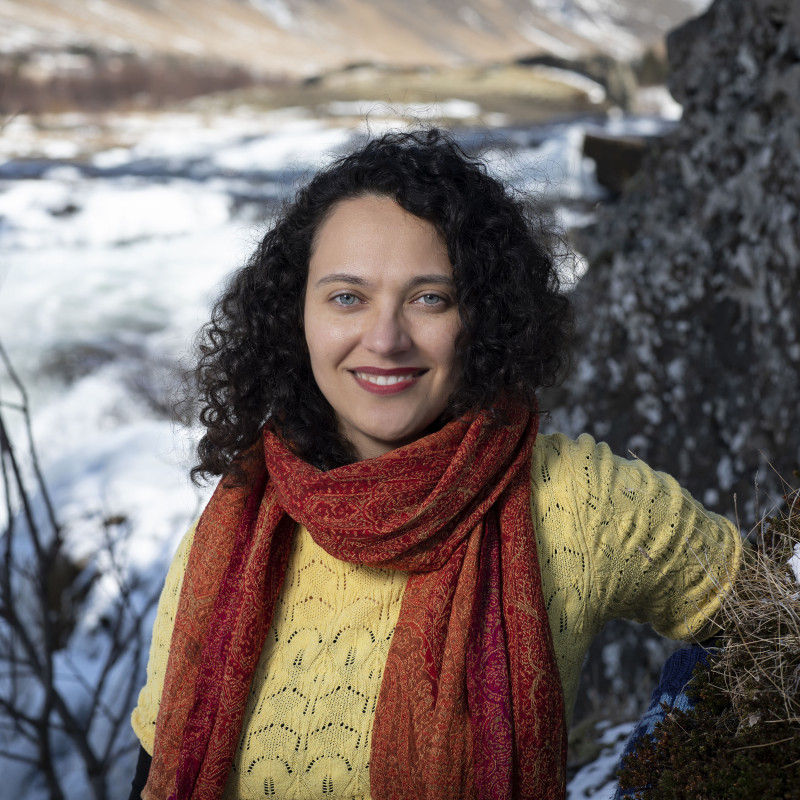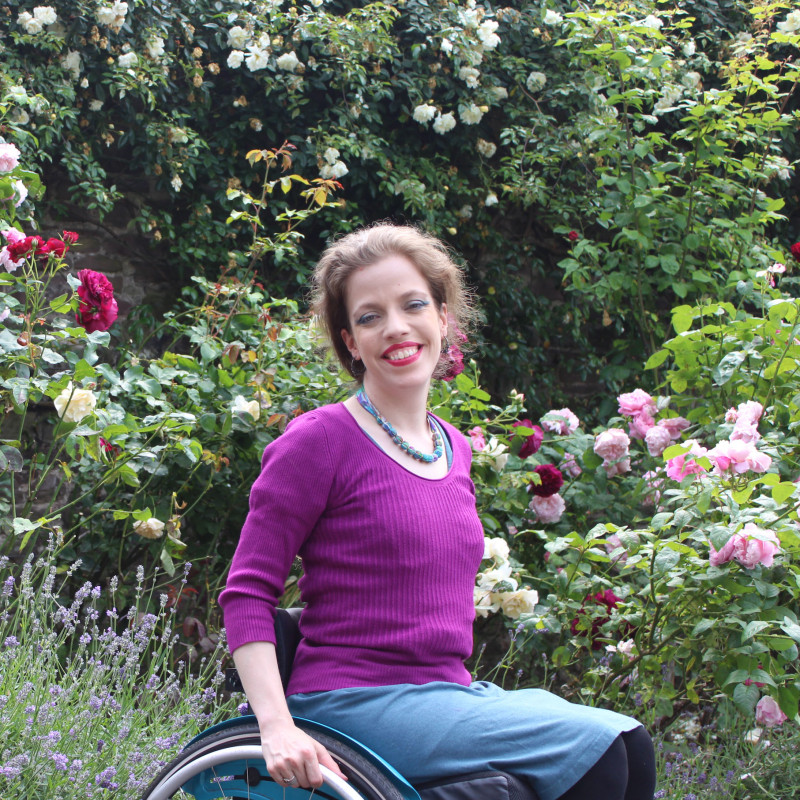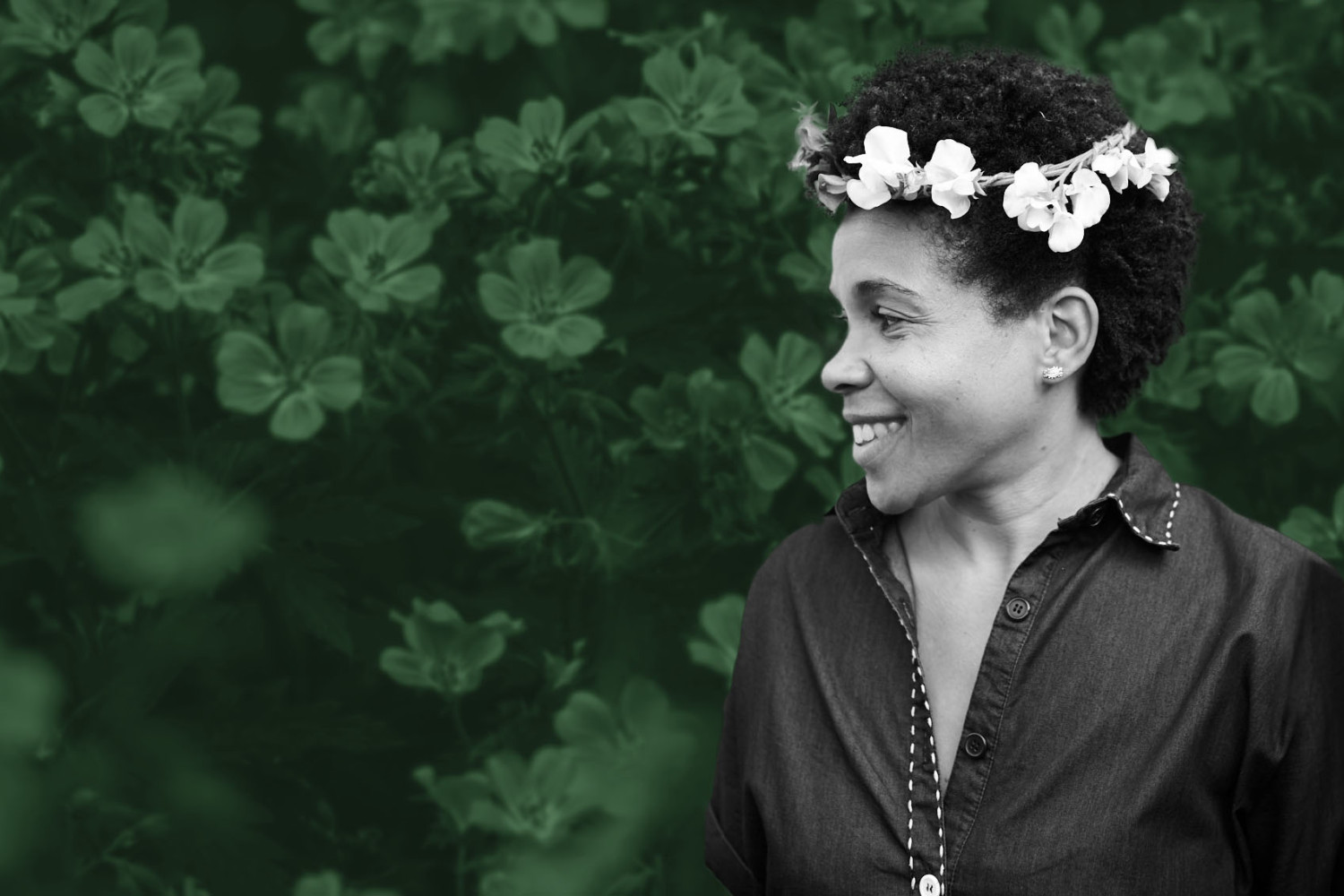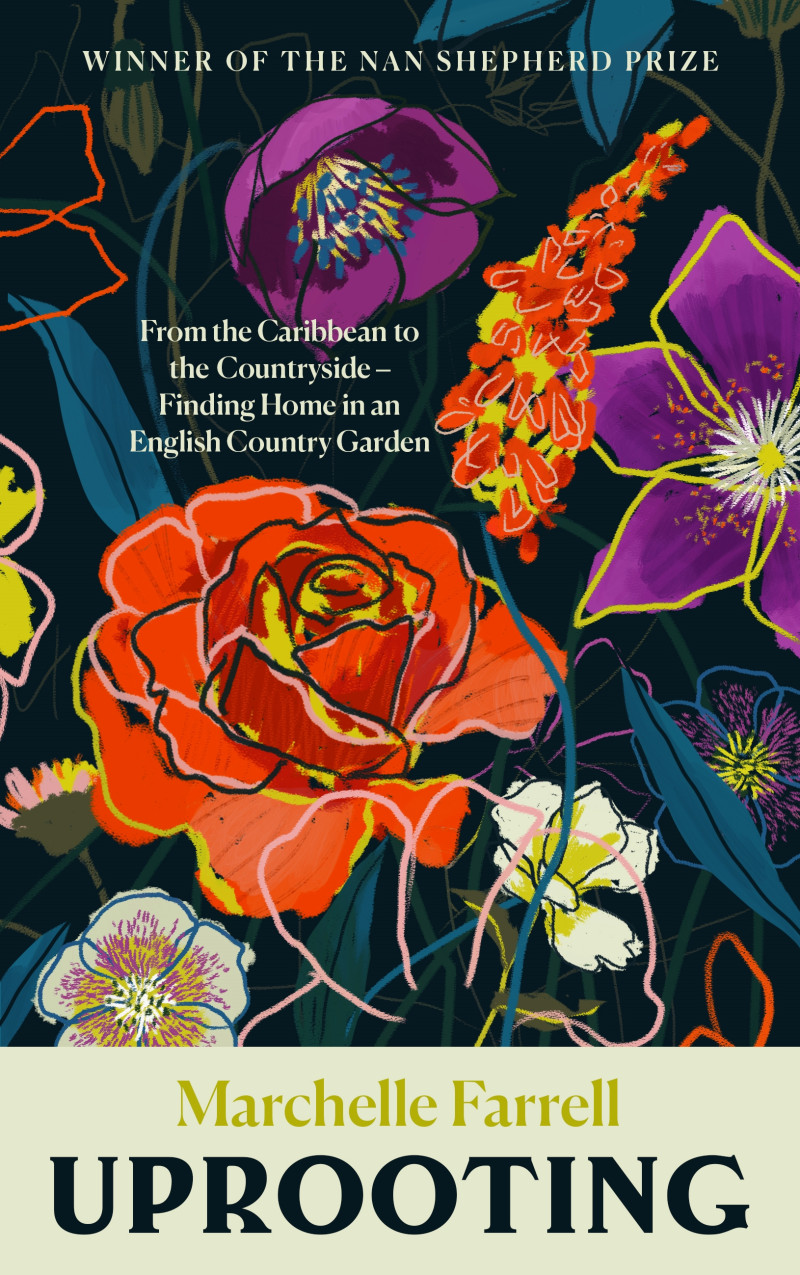The Gaze That Hovers
Shauna Laurel Jones
The Gaze That Hovers explores the author’s movements from the Rocky Mountains of her childhood, via the adopted home of Iceland through to London where she now lives. The author uses birds as a prism through which to explore sexuality, nature, culture and environmentalism. The brilliant, poetic writing draws you in to wonder at birds.
The Gaze that Hovers is an exploration of aesthetic, ethical, cultural and personal encounters with birds. What do swans, romantic but ravenous, mean to farmers in Iceland? Why are feathers so important to drag queens as they transcend expectations of gender? Ultimately, what is the relationship between the enduring appeal of birds and the urgency of addressing the sixth mass extinction? For Shauna Laurel Jones, whose complex identities, geographies and interests have sometimes left her unsure of her place in nature and society alike, it is the poetry of birds that has helped her find her way again. Jones draws on memoir, observations, interviews and research to demonstrate that not only is it possible to integrate aesthetic interests with ecological concerns, it is also a necessity. This sensibility linking cultural history and natural emergency – a way of regarding the world that accounts for all its poetic and brutal complexity – is the gaze that hovers. And birds, uniquely, can guide us there.
